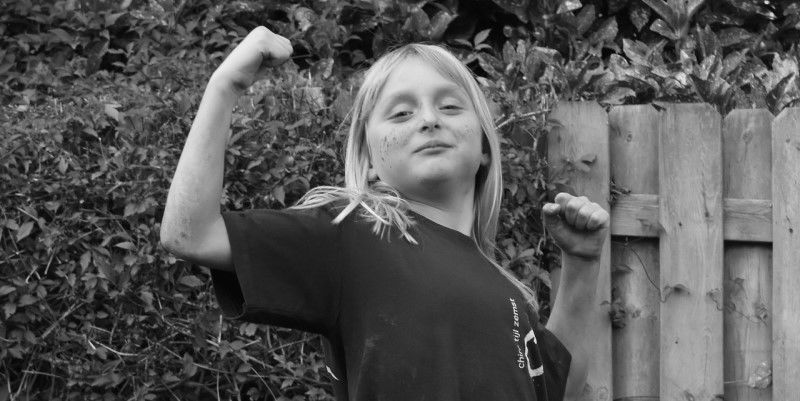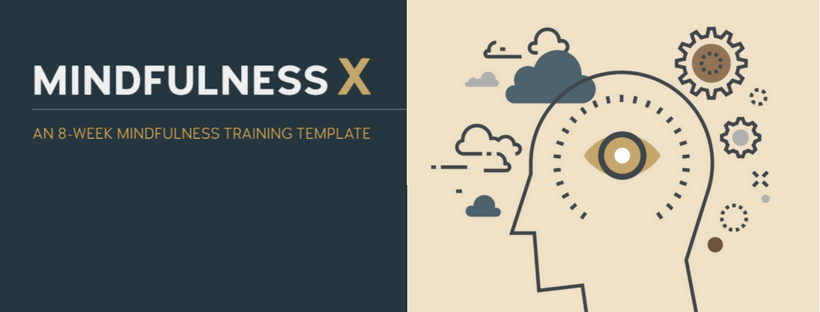Behavior therapy is a widely used approach to treatment for children who are struggling with behavioral issues. It focuses on changing negative behaviors and promoting positive ones through various strategies, including fun games and techniques. By making therapy enjoyable and engaging, kids are more likely to participate actively and see positive results.
Here are 9 fun games and techniques that are commonly used in behavior therapy for kids:
1. Token economy: This game involves giving children tokens or points for positive behaviors, which can then be exchanged for rewards or privileges. This reinforces good behavior and helps children learn the connection between their actions and consequences.
2. Role-playing: Role-playing allows children to practice and develop good behavior in a safe and controlled environment. They can act out different scenarios and learn how to respond appropriately in challenging situations.
3. Social skills training: This technique helps children improve their social interactions and communication skills through games and activities that focus on things like making eye contact, taking turns, and listening.
4. Relaxation techniques: Teaching children relaxation techniques such as deep breathing, visualization, and muscle relaxation can help them manage stress and anxiety in a healthy way.
5. Behavior charts: Behavior charts are visual tools that track a child’s progress towards a specific goal or behavior. Children can earn stickers or rewards for meeting targets, providing motivation and reinforcement.
6. Time-out: Time-out is a technique where children are temporarily removed from a situation when they exhibit negative behavior. This gives them a chance to calm down and reflect on their actions.
7. Positive reinforcement: Praise and rewards for positive behaviors can be highly motivating for children. It helps boost their self-esteem and teaches them the value of making good choices.
8. Cooperative games: Cooperative games require children to work together towards a common goal, fostering teamwork, communication, and problem-solving skills.
9. Cognitive-behavioral therapy: This approach helps children identify and challenge negative thought patterns that contribute to their behavior issues. Through games and activities, they learn to reframe their thinking and develop more positive beliefs about themselves and their abilities.
Overall, behavior therapy for kids can be an effective and enjoyable way to help them improve their behavior and develop important life skills. By incorporating fun games and techniques into therapy sessions, children can learn, grow, and succeed in managing their behaviors in a healthy way.



